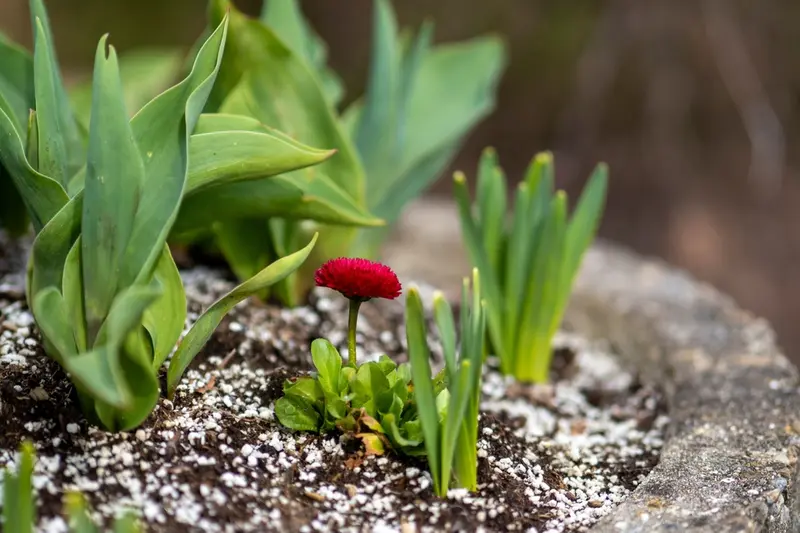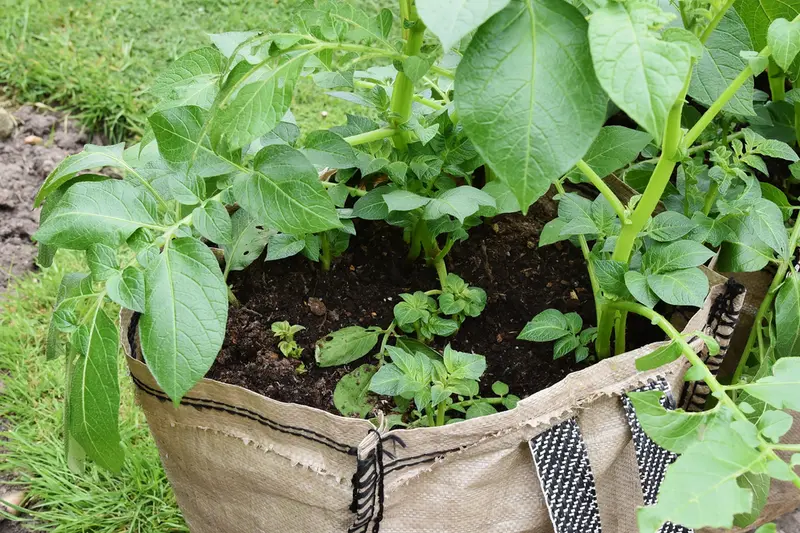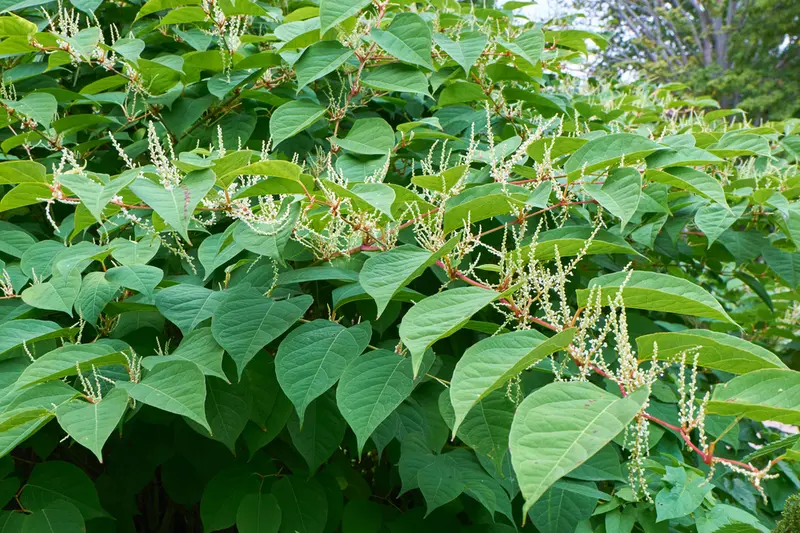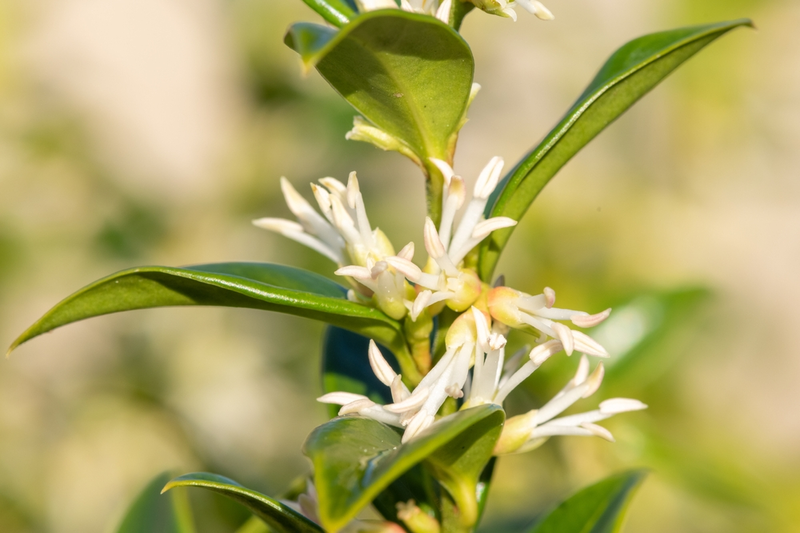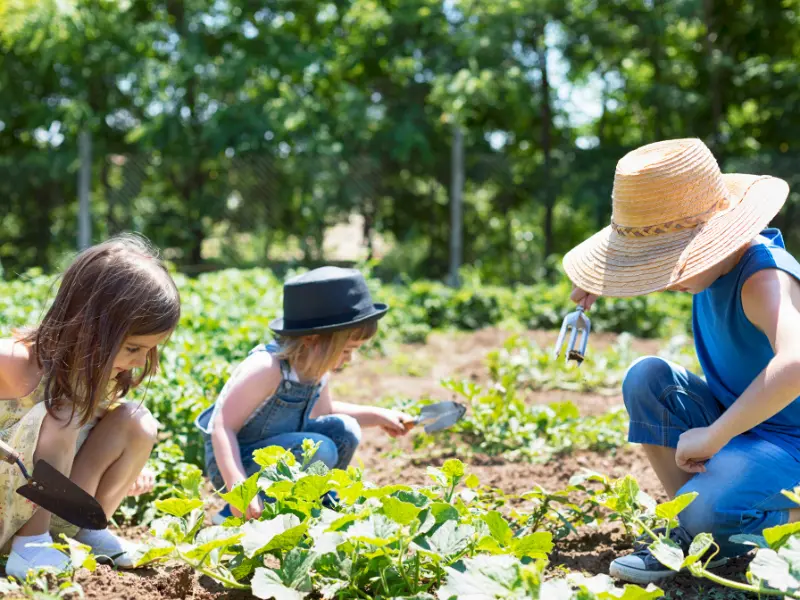
Starting seeds at home is one of the most rewarding parts of gardening — and doing it organically makes it even better. By choosing natural methods and eco-friendly materials, you’ll not only grow strong, healthy plants but also reduce your environmental footprint. Whether you’re starting vegetables, herbs, or flowers, organic seed starting is simple, fun, and perfectly suited for gardeners in Fergus! Here are some practical tips to help you begin your sustainable seed-starting journey.
1. Choose Organic and Untreated Seeds
The foundation of organic gardening starts with your seeds. Look for certified organic or untreated seed varieties. These seeds are grown without synthetic chemicals or coatings, making them a healthier choice for your garden, the soil, and pollinators.
In Fergus’s growing season, popular organic picks include:
- Tomatoes, peppers, and cucumbers
- Leafy greens like lettuce and kale
- Herbs such as basil, parsley, and dill
- Annual flowers like marigolds and sunflowers
2. Use Organic Seed Starting Mix
Healthy soil is the heart of organic gardening. Instead of regular garden soil, use a lightweight organic seed starting mix. These blends are made with natural ingredients like peat moss, coconut coir, and compost, providing the perfect texture and nutrients for seedlings.
A good organic mix also helps retain moisture — essential during Fergus’s dry spring days, when indoor air can cause soil to dry out quickly.
3. Try Biodegradable or Reusable Containers
Plastic trays are common for seed starting, but if you want a more sustainable option, consider:
- Biodegradable pots made from peat, paper, or coconut fibre — plant them directly into the soil to reduce transplant shock.
- Reusable plastic pots or trays — durable and long-lasting, they prevent waste year after year.
For an eco-friendly twist, you can even repurpose household items like egg cartons, paper cups, or yogurt containers (with drainage holes).
4. Water the Organic Way
Seedlings need consistent moisture, but overwatering can lead to fungus and root rot. Instead of chemical-based solutions, rely on:
- Rainwater collection when possible — a sustainable choice that plants love.
- Gentle watering tools like a spray bottle or small watering can to avoid disturbing delicate roots.
Tip: Keep soil moist but not soggy. In Ontario’s spring climate, indoor seedlings may dry out faster than you expect, so check daily.
5. Feed with Natural Fertilisers
Once seedlings develop their first true leaves, they benefit from a little extra nutrition. Organic options include:
- Liquid seaweed fertiliser
- Fish emulsion
- Compost tea
These gentle, natural fertilisers encourage steady, healthy growth without relying on synthetic chemicals.
6. Recycle and Compost After Use
Part of sustainable gardening is thinking beyond the growing stage. Recycle trays and containers for next year, and compost any used soil or biodegradable pots. Building these habits helps reduce waste and creates a closed-loop system in your garden.
Why Organic Seed Starting Matters
Our local climate comes with unique challenges: a shorter growing season, cool spring nights, and dry summer spells. Organic seed starting not only gives you stronger, more resilient plants but also supports the health of your soil and local ecosystem. By starting seeds organically, you’ll grow food and flowers that are better for you, your family, and the planet.
Start Organically with LittleTree Garden Market
At LittleTree Garden Market in Fergus, Ontario, we carry everything you need for organic seed starting — from untreated seeds and organic soil mixes to biodegradable pots and natural fertilisers. Our team is here to guide you through each step, offering local advice tailored to our Ontario climate.
Visit us in-store this season to explore sustainable gardening options and take the first step toward a thriving, eco-friendly garden.

